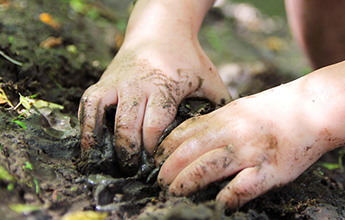
Germs at four, less inflammation at forty
Biological anthropologists at Northwestern say playing in the dirt as kids makes inflammation, and chronic disease, less likely later in life.
Making the case for paid family leave
Paid family leave reduces poverty by removing the stress of dealing with the loss of income, and allowing parents to focus their attention on the health and wellbeing of their new child. Yet family leave remains a luxury in the United States, where only a small number of states have enacted laws guaranteeing paid leave after the birth of a child.
Now an anthropologist and a sociologist at Northwestern are using their disparate research to make a compelling case for better supporting families. Thom McDade and Christine Percheski show how robust paid leave would benefit families not only economically, but also improve kids’ health from the earliest days of life.
The United States is the only high-income country in the world that does not offer any paid leave after the birth of a child, leading to high levels of stress and increased likelihood of families falling into poverty.
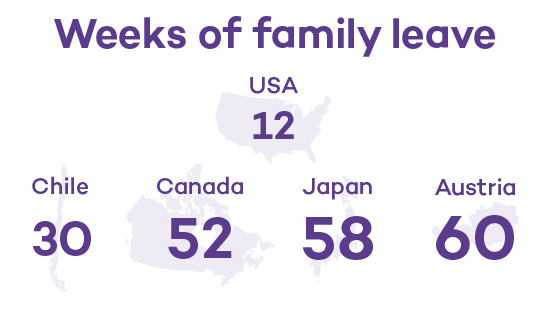
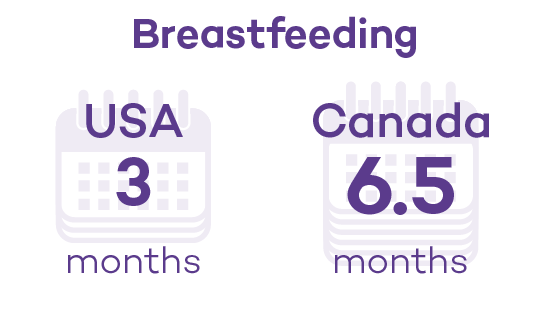
By contrast, fifty nations now offer at least six months of paid leave. In countries like Canada, with generous paid leave policies, women breastfeed up to twice as long as new mothers in the U.S.
Research shows that a baby who was breastfed longer than their sibling had less inflammation, which is linked to a host of chronic health ailments. Causal connection between breastfeeding duration and inflammation has been hard to come by, but Northwestern researchers have made the case.
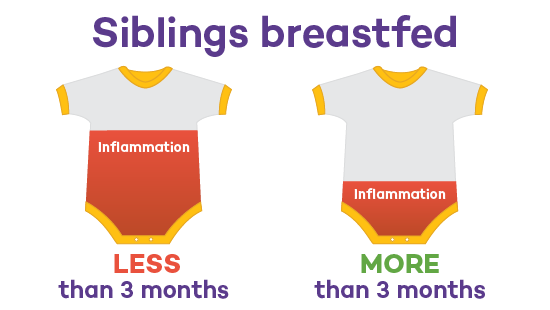

Biological anthropologists at Northwestern say playing in the dirt as kids makes inflammation, and chronic disease, less likely later in life.

An interdisciplinary team from Northwestern's Institute for Policy Research (IPR) examined C-reactive protein (CRP) levels in 7,000 24 to 32 year olds.

From research on health insurance to the demographic effects of the Great Recession, Christine Percheski applies a sociological lens to health and social issues.
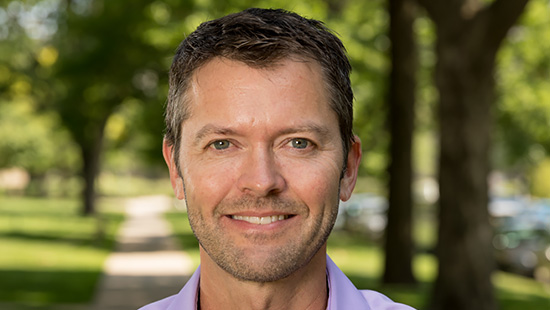
Thom McDade is the Carlos Montezuma Professor of Anthropology in the Weinberg College of Arts and Sciences. He is also a faculty fellow at the Institute for Policy Research (IPR) and director of both the Laboratory for Human Biology Research and Cells to Society (C2S): The Center on Social Disparities and Health.
Journalists: View press materials for Thom McDade here.
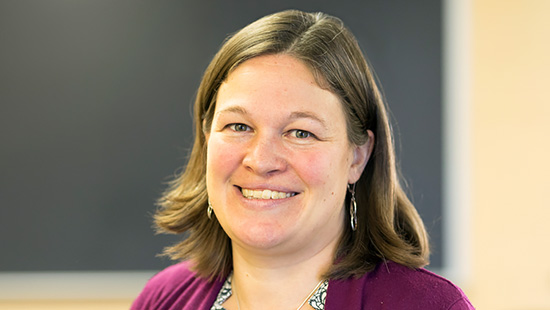
Christine Percheski is an Assistant Professor of Sociology in the Weinberg College of Arts and Sciences and a faculty fellow at the Institute for Policy Research (IPR). Before joining Northwestern, Percheski was a Robert Wood Johnson Scholar in Health Policy Research at Harvard University.
Journalists: View press materials for Christine Percheski here.
Published: November 15, 2017. Updated: December 20, 2019.
Back to top